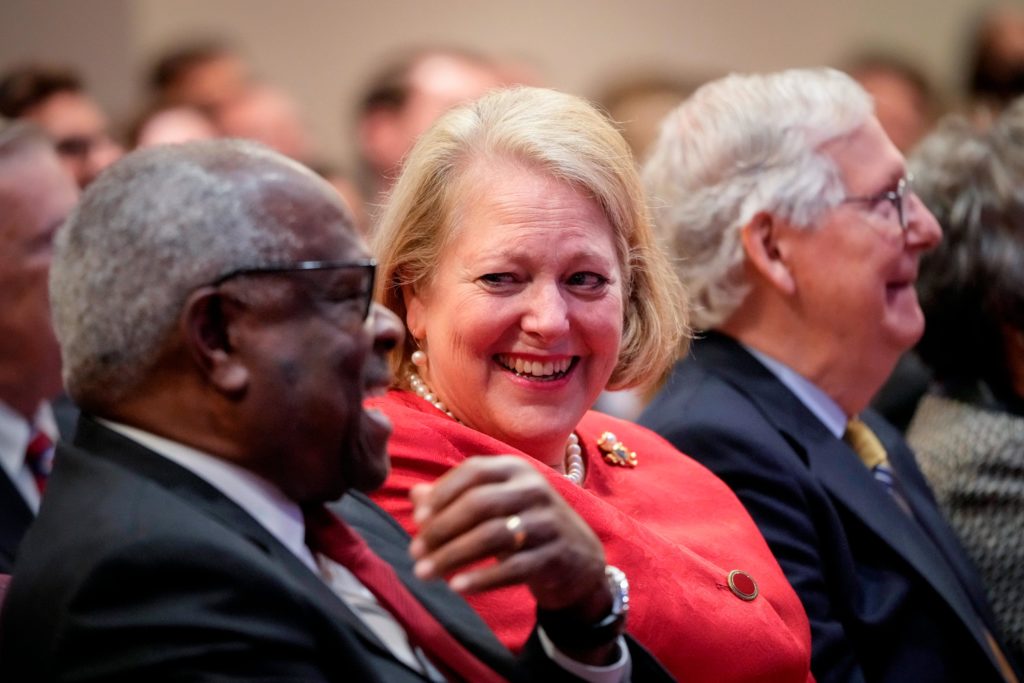Can a state prevent a convicted felon from appearing on its presidential ballots?

Washington state has a statute that, on its face, would seem to prevent Felonious My Old Friend from appearing in the 2024 ballot:
If local Republicans knew what was good for them, they would now move to drop Donald Trump from Washington’s fall ballot.
I know, they won’t. They’re in too deep. Trump won 76% of our state’s GOP presidential primary vote. It’s become like a cult, as the party seems eager to debase itself by shedding all its longstanding talk about the rule of law and personal responsibility — as well as any chances of winning here in Washington — to sink ever deeper into the muck of Trump.
So here’s another reason to dump Trump from the Washington ballot. If Republicans don’t do it, somebody else probably will.
It turns out Washington has a law on the books against convicted felons running for office.
It was first established back when Washington was a territory, in 1865, that anyone convicted of “infamous crimes” could be blocked from holding elected office. That was modified in 1959, and then again more recently, to the scheme we have today.
Any registered voter can “challenge the right of a candidate to appear on the general election ballot” for any of five causes, state law says. One of those causes is flashing in bold neon lights today: “Because the person whose right is being contested was, previous to the election, convicted of a felony by a court of competent jurisdiction, the conviction not having been reversed nor the person’s civil rights restored after the conviction.”
[…]
Hoo boy. Republicans: You sure you want to go down this road?
It seems possible that under Washington state law, there would be no name listed on ballots as a Republican candidate for president in November. If so, it will be because the party’s chosen candidate was too much of a disgrace to even meet the minimum state standards.
I wonder if other states bar felons from running, too.
As it happens, there’s a Supreme Court case that is pretty squarely on point. US Term Limits v. Thornton (1995) held that an Arkansas rule that created term limits for federal offices was unconstitutional, because a state cannot add to the constitutional qualifications for federal office:
Allowing individual States to adopt their own qualifications for congressional service would be inconsistent with the Framers’ vision of a uniform National Legislature representing the people of the United States. If the qualifications set forth in the text of the Constitution are to be changed, that text must be amended.
There remains some ambiguity about what constitutes an “additional qualification” — as Westneat observes, states are generally able to keep presidential candidates off their ballots for reasons like missing filing deadlines, not amassing enough signatures, etc. But it seems pretty clear to me that banning felons from running for federal office is much more alaguous to term limits than the more technical grounds for disqualification (which no candidate is prevented from meeting ex ante.) If it’s not dispositive it’s close — as long as US Term Limits is good law, Washington cannot exclude Trump from the ballot because he was convicted of felonies. I would have voted with the majority in that case so I would see no reason to reconsider the precedent.
The twist here is that US Term Limits was a 5-4 case along mostly predictable ideological lines (with the Court’s four liberals in the majority, speaking through Stevens, and Kennedy rather than O’Connor being the swing vote.) So while I don’t think that Trump will or should be excluded from the Washington ballot this November, I would like the case to get to the Supreme Court so that Clarence Thomas — who wrote the dissent — can discover a Strange New Respect for stare decisis in constitutional cases and the value of uniform federal rules.
